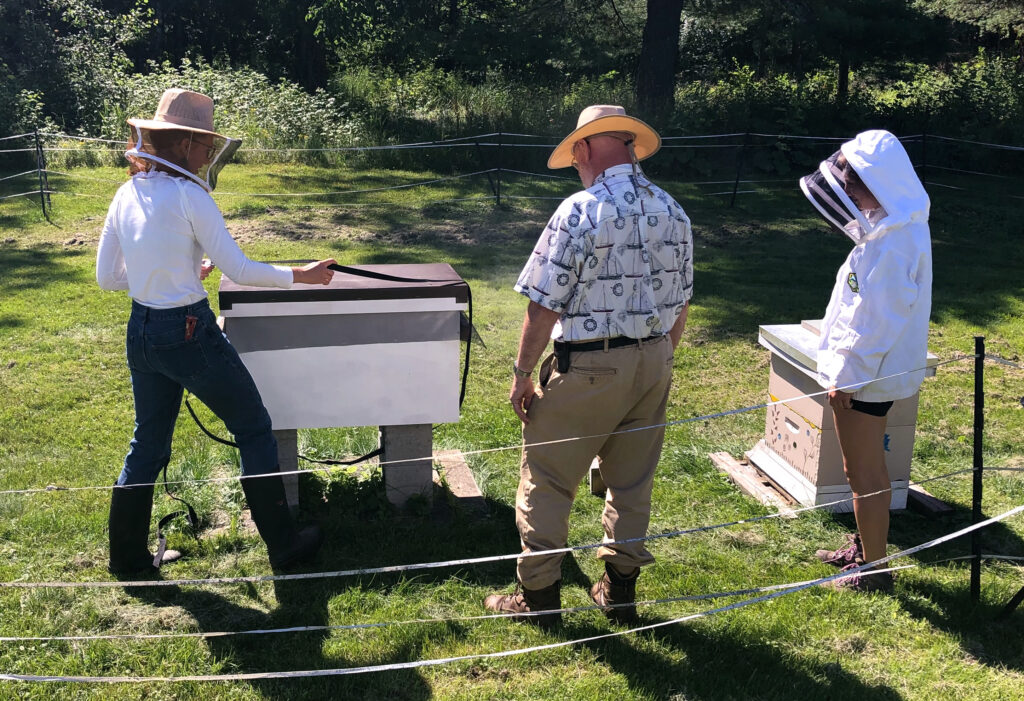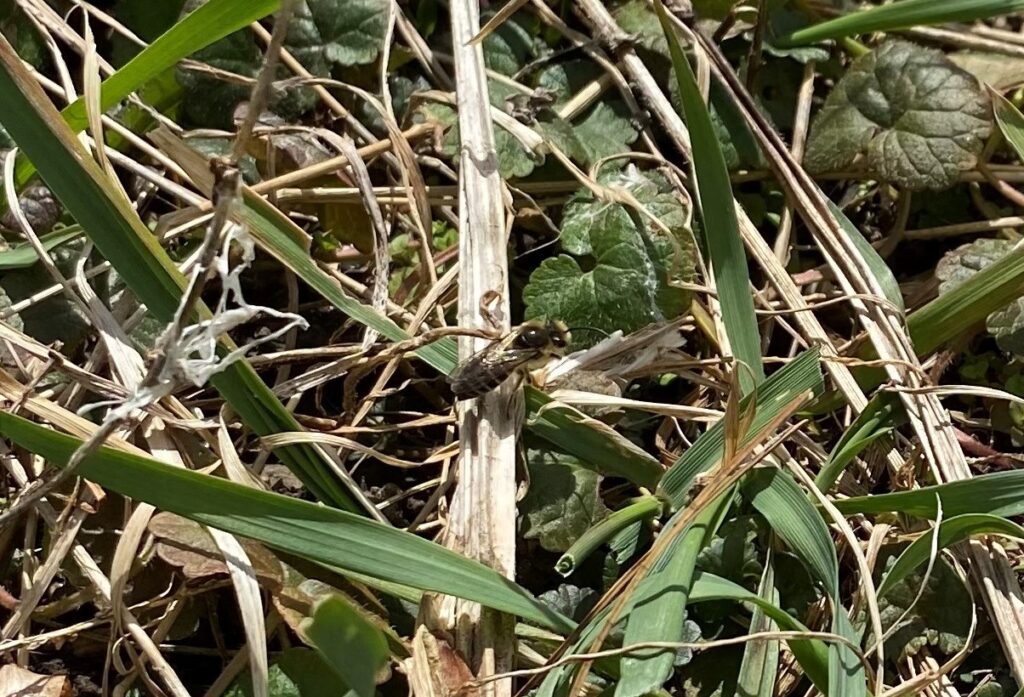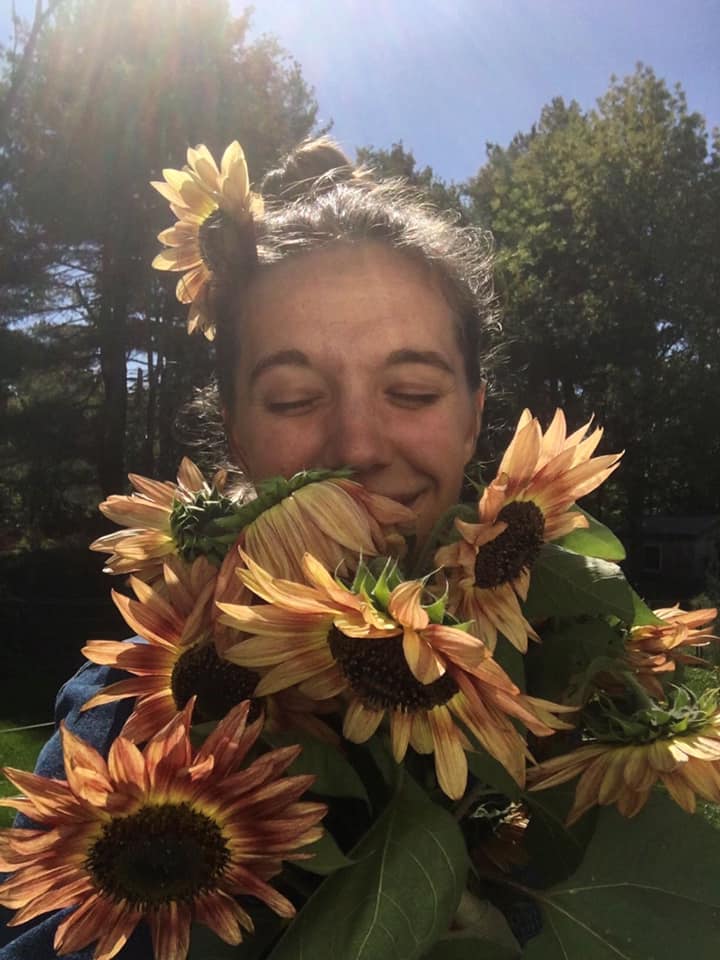By Kayla Buxton, Program Coordinator, Mercy Ecospirituality Center
This story is second in a series highlighting how the Sisters of Mercy are addressing the seven goals of Pope Francis’ Laudato Si’ Action Platform.
I am interested in how such an [ecological] spirituality can motivate us to a more passionate concern for the protection of our world.
(Laudato Si’, paragraph 214)
I was welcomed into the Sisters of Mercy family only a few months before the pandemic began and soon found myself anchored by the land that I now feel responsible for at Mercy Ecospirituality Center, a 39-acre farm and ecological education site, in Benson, Vermont.


The past few years have brought with them so many emotions, many of them new and complex. I found solace only in working outside. As I dug and planted and weeded, the soil absorbed my tears without judgment. As my body moved and sweat and ached, the trees offered wind and shade to rest. The rabbits tested my patience with their voracious appetites, the honeybees constantly reminded me how crucial it was to stay present, and the creek held me on days when it all got to be too much. Consciously I knew I was spending time tending to all of them, but I slowly began to realize that they were also tending to me. As Robin Wall Kimmerer wrote in her book Braiding Sweetgrass, “The land knows you, even when you are lost.”

As the seasons change and we in the Northern Hemisphere emerge from another COVID winter, I’ve been thinking about place, how to live authentically from our roots, and what happens to us when we build relationship with the land we call home. As I write this essay in our chapel, looking out over the slowly waking Peace Garden, there’s an ever-shifting cloud of bees—called Unequal Cellophane Bees (Colletes inaequalis)—hovering right above the garden. The bees, supported by Earth and working in harmony alongside other pollinators, act from a place of both instinct and intuition; they innately feel their connection to the land and, in seeking out food sources to ensure their future, also carry with them the delicate future of us all.
I like to think that in a similar way, through practices like organic gardening and treatment-free agriculture, nurturing native plant populations and choosing renewable energy, we grow an Earth-centered spirituality within ourselves. By practicing this ecological spirituality—this way of being in the world—we are reminded how to nurture and spread peace and healing. For by reconnecting with our intuition and interdependence through an intimate relationship with Earth, we, like our pollinator neighbors, can change course to carry us all into a brighter future
Questions for reflection: What would the world look like if we all started to pay more attention to the places in which we find ourselves? What would our relationships be like if we tended to them the way Earth tends to us?
To engage with Mercy’s advocacy efforts on environmental issues, sign up for our action alerts.
Take Action With Mercy